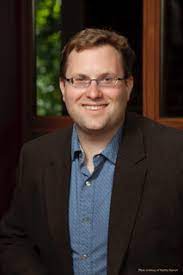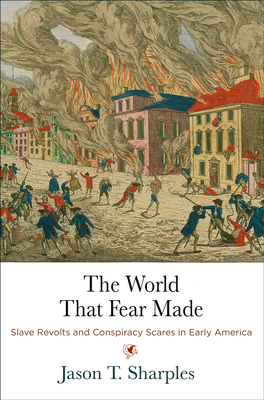Jason T Sharples
Dr. Sharples teaches early American history and world civilizations. He offers courses in early American colonial societies, European empires, and indigenous peoples; slavery and the African diaspora; and the American Revolution and early United States. His students grapple with Early America’s foundational texts through hands-on experience with rare books in the Marvin and Sybil Weiner Collection, the likes of which appeared in the personal libraries of Benjamin Franklin, Thomas Jefferson, and John Adams.
Dr. Sharples writes on the social and cultural history of early North America and the Caribbean based on his archival research in Europe, the Caribbean, and at major research libraries around the United States (CV). He is currently researching racial fears and the policing of black people in Early America. His book manuscript, The World That Fear Made: Conspiracy, Imagination, and Power in Early American Slavery, reveals the inaccurate but powerful assumptions—the fears—that shaped North American and Caribbean colonial societies and which governed webs of relations within slave quarters and between colonial ports. At the center of the book are dozens of governmental investigations into purported "slave conspiracies"—or plans for rebellion that never materialized—from 1670 to 1790.
Hundreds of falsely accused enslaved people were executed or banished as a result of white people acting on racial fears. The World That Fear Made explains how black and white early Americans created those fears, why some people found them believable and how others manipulated them, and how everyone reshaped their societies because of these fears. Dr. Sharples explores these ideas in his recent publication, "Discovering Slave Conspiracies: New Fears of Rebellion and Old Paradigms of Plotting in Seventeenth-Century Barbados," in the American Historical Review.
Research Interest
- Colonial North America
- American Slavery, 1492-1865
- Revolutionary America
Source: Florida Atlantic University

